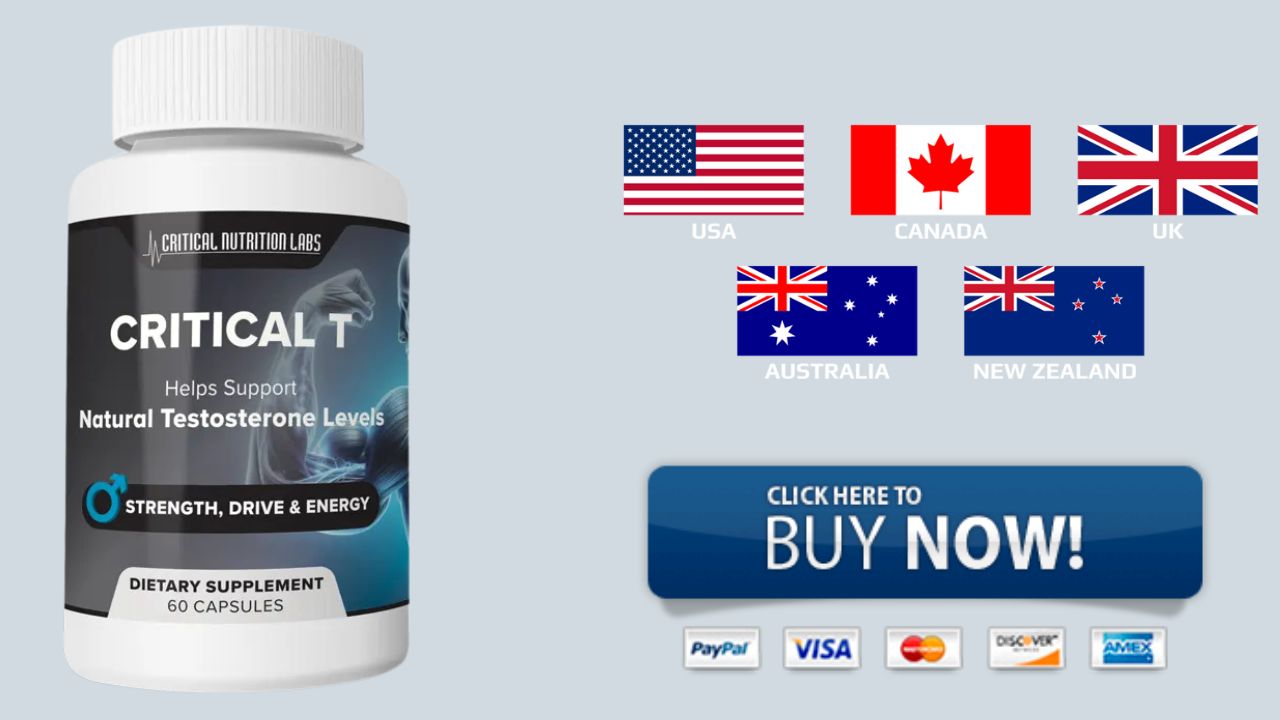approval of the first monkeypox vaccine
The World Health Organization (WHO) has recently taken a significant step by authorizing the first monkeypox vaccine for children. This development is crucial in the ongoing battle against the virus, particularly as it continues to spread in various regions, including parts of Africa. This authorization is aimed at protecting children, one of the most vulnerable groups, from the debilitating effects of the disease.
Monkeypox, caused by the monkeypox virus, is a zoonotic infection that presents with symptoms similar to those of smallpox, including fever, rash, and painful lesions. Children are particularly at risk due to their developing immune systems, making them more susceptible to severe outcomes. The recent outbreaks have underscored the urgent need for a targeted immunization strategy to curb the spread among this demographic.
The journey to develop an effective monkeypox vaccine has been fraught with scientific and logistical challenges. One of the primary hurdles has been the lack of comprehensive data on the vaccine's safety and efficacy in children and other specific groups such as pregnant women. Conducting clinical trials in these populations requires meticulous planning and adherence to strict ethical standards, which can prolong the research timeline.
Moreover, the monkeypox virus exhibits a notable capacity for genetic variation, which complicates the development of a universal vaccine. The virus spreads through close contact, including skin-to-skin contact, making it challenging to contain outbreaks. Researchers are in a constant race to understand these mutations and their implications for vaccine design and effectiveness.
Despite these obstacles, significant progress has been made in the field of monkeypox vaccine research. Various vaccine candidates have demonstrated promising results in preclinical and clinical trials, offering hope for broader immunization strategies. Collaborative efforts among international health organizations, governments, and research institutions have been pivotal in advancing these developments.
In addition to vaccine research, other strategies are being explored to combat monkeypox. Public health measures such as contact tracing, quarantine, and enhanced hygiene practices are essential components of the response to monkeypox outbreaks. Education campaigns aimed at raising awareness about the disease and its modes of transmission play a crucial role in preventing the spread of the virus.
Antiviral medications are currently under investigation as potential treatments for monkeypox. Researchers are rigorously exploring the efficacy of existing antiviral drugs against the monkeypox virus, while simultaneously developing new therapeutics specifically designed to target the virus. Complementing these efforts are advanced diagnostic tools, including monkeypox detection kits, which play a pivotal role in the early identification and isolation of cases. These tools enable rapid diagnosis, thereby significantly limiting further transmission and aiding in the effective containment of outbreaks.



